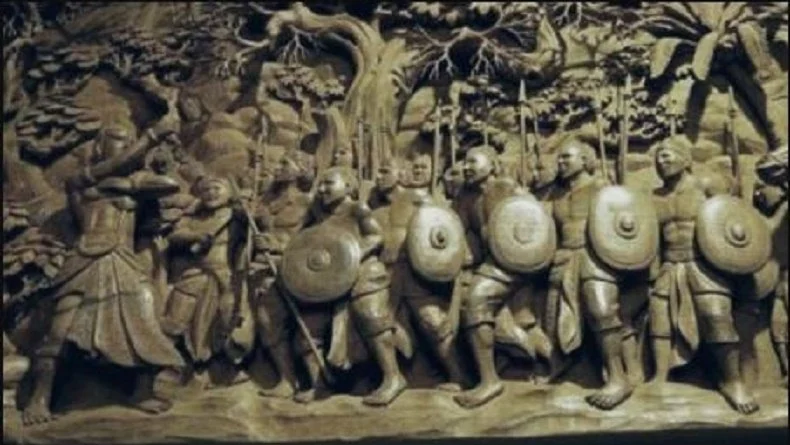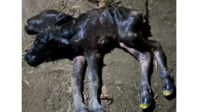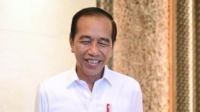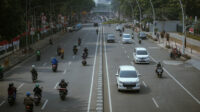Jambiflash.com – Here is the origin of the name Bhayangkara. Bhayangkara is the name used to refer to the elite troops in the Majapahit Kingdom.
This force was formed by King Jayanegara, the second ruler of Majapahit.
The name Bhayangkara comes from Sanskrit. The meaning of the name corresponds to their function and duties as the kingdom’s protective force. Bhayangkara can be interpreted as guard, escort, protector, and defender of the country’s safety.
At that time, the king realized that many parties were opposed to him, leading to the creation of an elite force for the king’s security. This force also saved Jayanegara during the first rebellion by a royal official named Ra Kuti.
At that time, Ra Kuti and several senior Majapahit officials disliked Jayanegara’s actions and character. Therefore, it was not surprising that when Jayanegara ruled very arbitrarily, it provoked unrest.
Especially after the demise of Majapahit’s Mahapatih Nambi and Ra Semi due to Dyah Halayudha’s slander. According to the book “Sandyakala di Timur Jawa 1042 – 1527 M Kejayaan dan Keruntuhan Kerajaan Hindu dari Mataram Kuno II hingga Majapahit” by Prasetya Ramadhan, Ra Kuti formed an underground movement to kill the king.
He mobilized the people and soldiers dissatisfied with Jayanegara’s tyranny and influenced them to rebel. Ra Kuti even offered rewards and ranks if they succeeded in making him king.
Feeling strong and that the time was right, Ra Kuti and his forces launched an attack on the palace. Ra Kuti’s rebellion occurred in 1241 Saka or 1319 AD.
During the palace attack, many war commanders who were sleeping soundly fell victim to Ra Kuti and his accomplices’ brutality.
However, Ra Kuti’s intention to kill Jayanegara was not fulfilled. The king, who was sleeping soundly, was not successfully assassinated, all thanks to the swift actions of the Bhayangkara troops. This guard unit then took Jayanegara to safety and handed him over to a Bhayangkara officer named Gajah Mada.
At that time, Gajah Mada was the commander of the special Bhayangkara force, consisting of 15 royal special guards who remained loyal. The Bhayangkara troops were not ordinary forces; they were the king’s security guards, composed of powerful, loyal, and selected individuals. (uda)
4o








